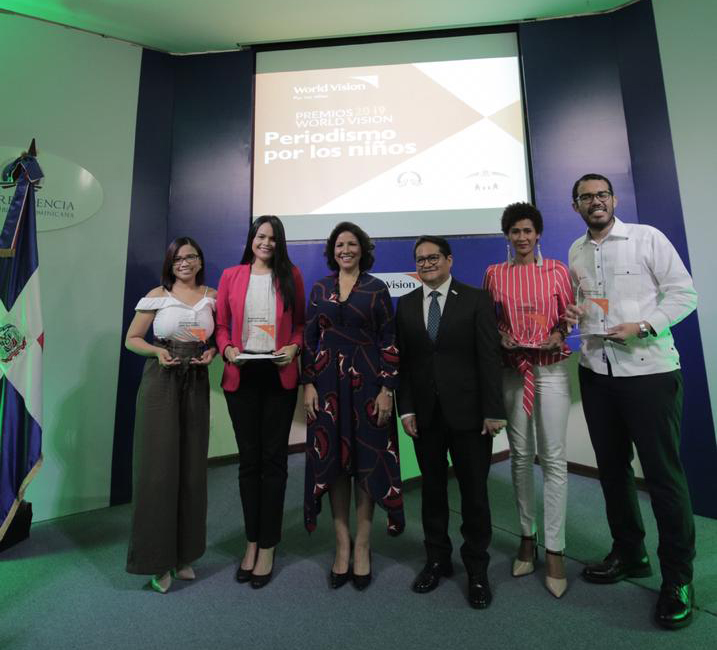- One of the most important health challenges is to combat bacterial resistance that is increasingly becoming a danger to global public health. one
Santo Domingo, January 17, 2018.- Antibiotics are powerful medicines that can fight bacterial infections, and with their correct use, can save lives, have made possible surgical survival, chemotherapy, and organ transplants.
Some bacteria have become resistant to many potent antibiotics, reducing or canceling their effect, causing antibiotic resistance. two
Patients who receive special care such as chemotherapy, complicated surgeries, joint replacement, organ transplantation, chronic diseases, dialysis, young and premature children, as well as older people, are the most likely to get infections from resistant bacteria. Given the problem that Bacterial Resistance (RAM) represents worldwide, MSD developed a new therapy for the treatment of hospital infections.3
Dr. Carmela Oranges, director of Medical Affairs at MSD for Central America and the Caribbean, indicates that “the increase in microbial resistance has become one of the most pressing problems in public health. In MSD, we are committed to the research and development of new therapies and support for institutional programs that contribute to meet current medical needs in this area. ”
According to the Center for Disease Control and Prevention (CDC), it is estimated that in recent years the RAM has generated more than 2 million diseases caused by bacterial resistance in the United States and at least 23 thousand deaths in that country3, as well as 25 thousand deaths in the European Union4.
If the rate increases by 40% in 2050, the number of annual deaths in North America attributable to RAM will be 317 thousand, the above is partly because more than half of antibiotics are unnecessary or misused, according to the American Society for Infectious Diseases (IDSA). This translates into accumulated losses that could reach 2.9 trillion dollars before 2050 if an effective strategy is not implemented soon.
Among the strategies proposed by WHO and IDSA to combat the threat of multiresistant bacteria (MR), are the institutional programs of Antimicrobial Stewardship (AMS), protocols for the use of antibiotic prescription.6
“MSD’s support for the Stewardship Antimicrobial (AMS) program is a sign of our commitment to health institutions and patients, in educating health professionals and creating guides based on the institution’s microbiological flora to promote the proper use and selection of antibiotics ”; explains Dr. Carmela Oranges.
Dr. Carlos Rodríguez Taveras, head of the Infectology Service of the Central Hospital of the Armed Forces of the Dominican Republic, argues that “the responsibility is shared between doctors and patients. There is a lack of knowledge on the part of the population regarding the consequences of the misuse of antibiotics. It is imperative that all interested parties raise awareness of the growing threat that this practice poses to public health and institutions, so it is necessary that antimicrobial control programs be implemented effectively.”
“This therapy will help us attack the resistant bacteria that appear due to the use and abuse of antibiotics. Here we all win, from the point of view of preserving the efficacy of the most potent antibiotics for cases in which it is necessary to use them, ”concluded Dr. Rodríguez.
About MSD
For more than a century, MSD, a world-leading biopharmaceutical company, has been invented for life, developing medicines and vaccines for the world’s most challenging diseases. MSD is a trading name of Merck & Co., Inc., based in Kenilworth, N.J., USA.
Through our prescription medications, vaccines, biological treatments, and veterinary products, we work with our clients and operate in more than 140 countries to provide innovative health solutions. We also demonstrate our commitment to increasing access to health through powerful policies, programs, and collaborations.
Today, MSD continues to be at the forefront of research to promote the prevention and treatment of diseases that threaten people and communities around the world – including cancer, metabolic diseases, new animal diseases, Alzheimer’s disease, and infectious diseases, among them HIV and Ebola. For more information, visit www.msd.com and connect with us on Twitter.
–
References
- World Health Organization. Antimicrobial resistance Available at http://www.who.int/mediacentre/factsheets/fs194/es/ Accessed on March 1, 2017.
- IDSA Antimicrobial Resistance: A Public Health Crisis. Available at: https://www.idsociety.org/uploadedFiles/IDSA/Policy_and_Advocacy/Current_Topics_and_Issues/Advancing_Prod uctResearch_and_Development / Bad_Bugs_No_Drugs / Press_Releases / IDSA% 20Antibiotic% March 20, 2017% of 20fd.
- World Health Organization. WHO publishes the list of bacteria for which new antibiotics are urgently needed. Available at: http://www.who.int/mediacentre/news/releases/2017/bacteria-antibiotics- needed / en / Accessed on: March 1, 2017.
- Cecchini, Michele, Langer Julia. Resistance in G7 countries and beyond: Economic Issues, Policies, and Options for Action. Available at https://www.oecd.org/els/health-systems/Antimicrobial- Resistance-in-G7-Countries-and-Beyond.pdf Accessed: March 1, 2017.
- IDSA Antimicrobial Resistance.Available at: http://www.idsociety.org/Topic_Antimicrobial_Resistance/ Accessed March 22, 2017.
- American Society for Infectious Diseases (IDSA). New Antibiotic Stewardship Guidelines Focus on Practical Advice for Available at http://www.idsociety.org/New_Antimicrobial_Stewardship_Guideline_2016/ Accessed April 26, 2017.





